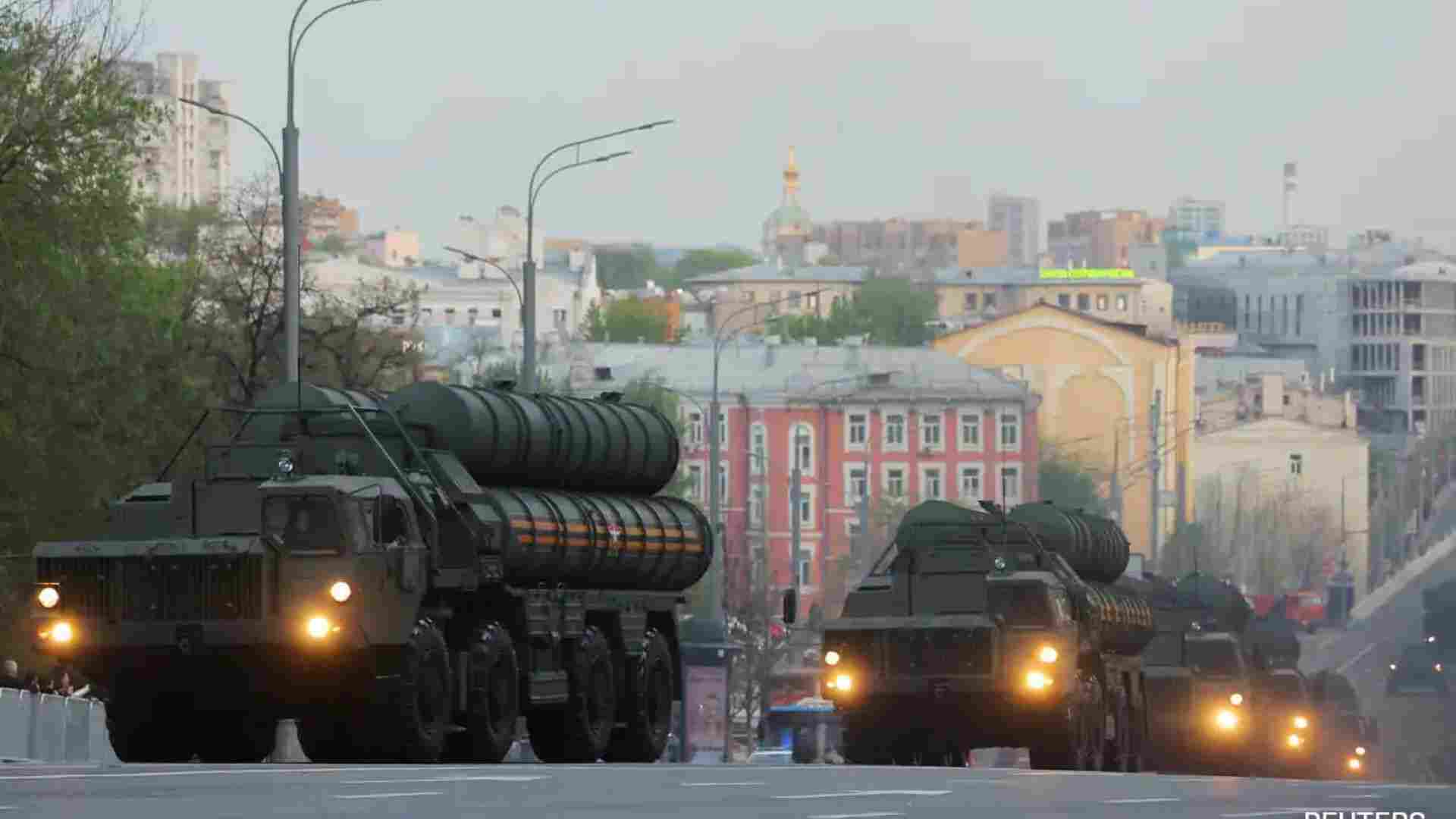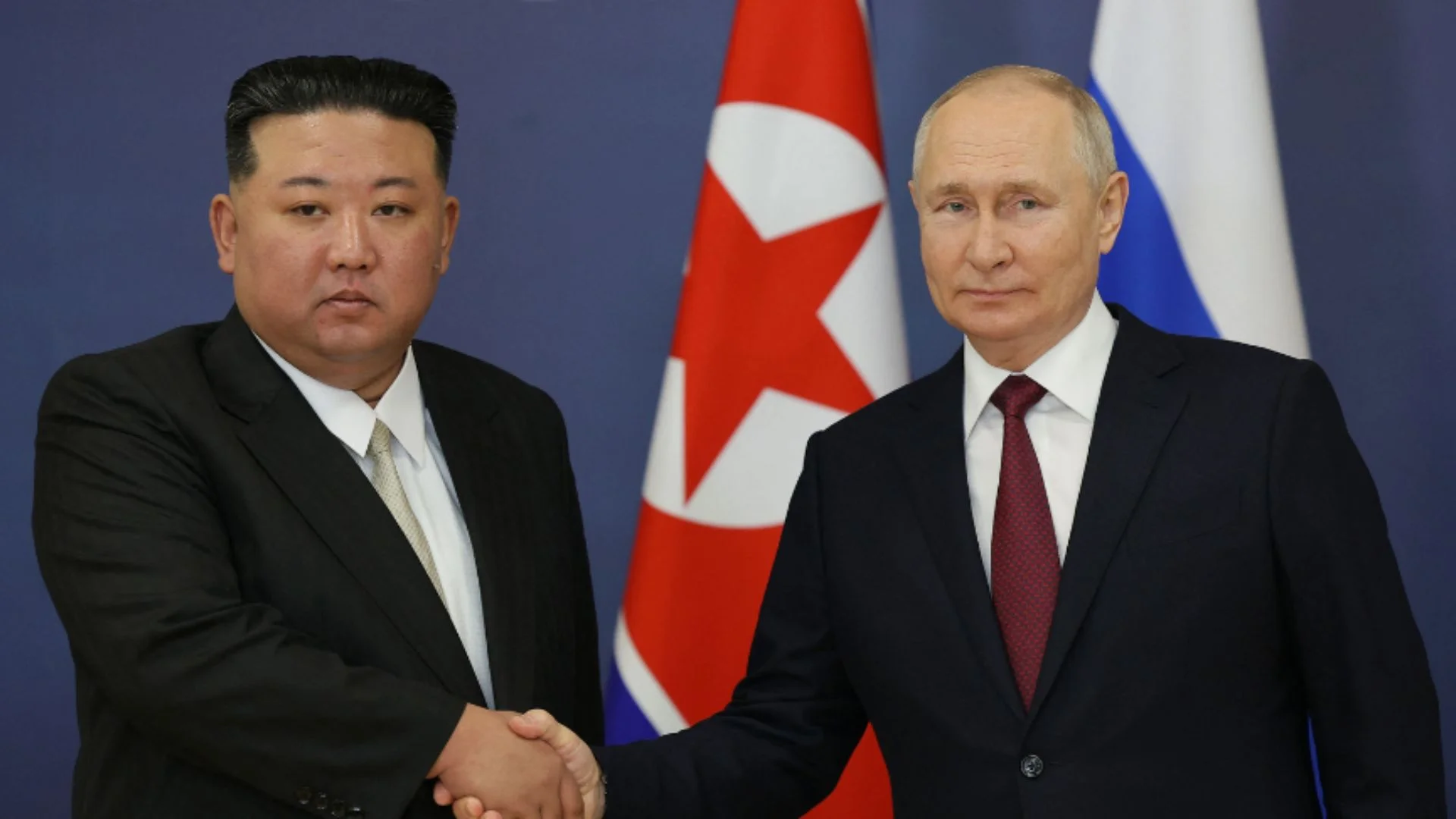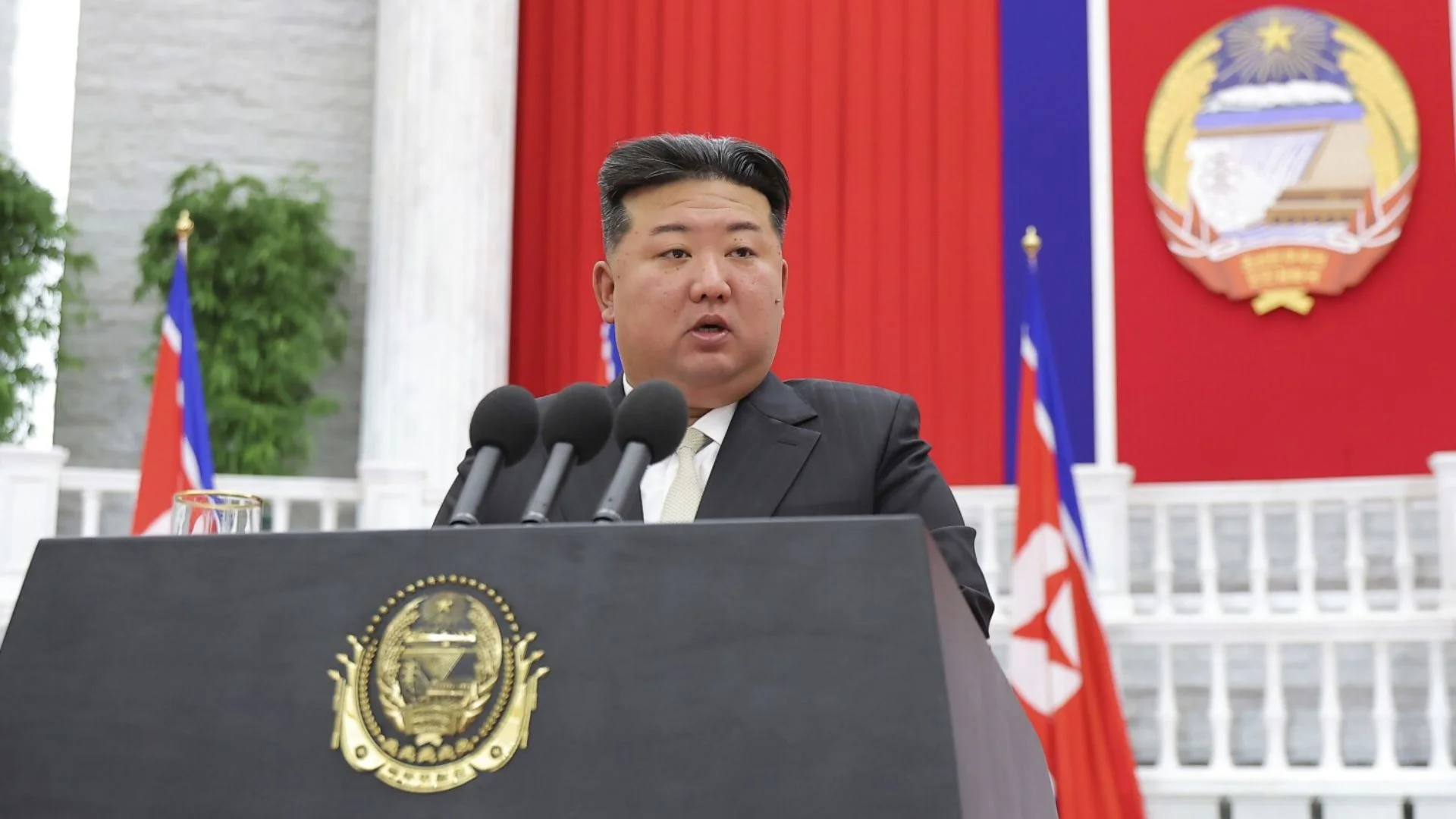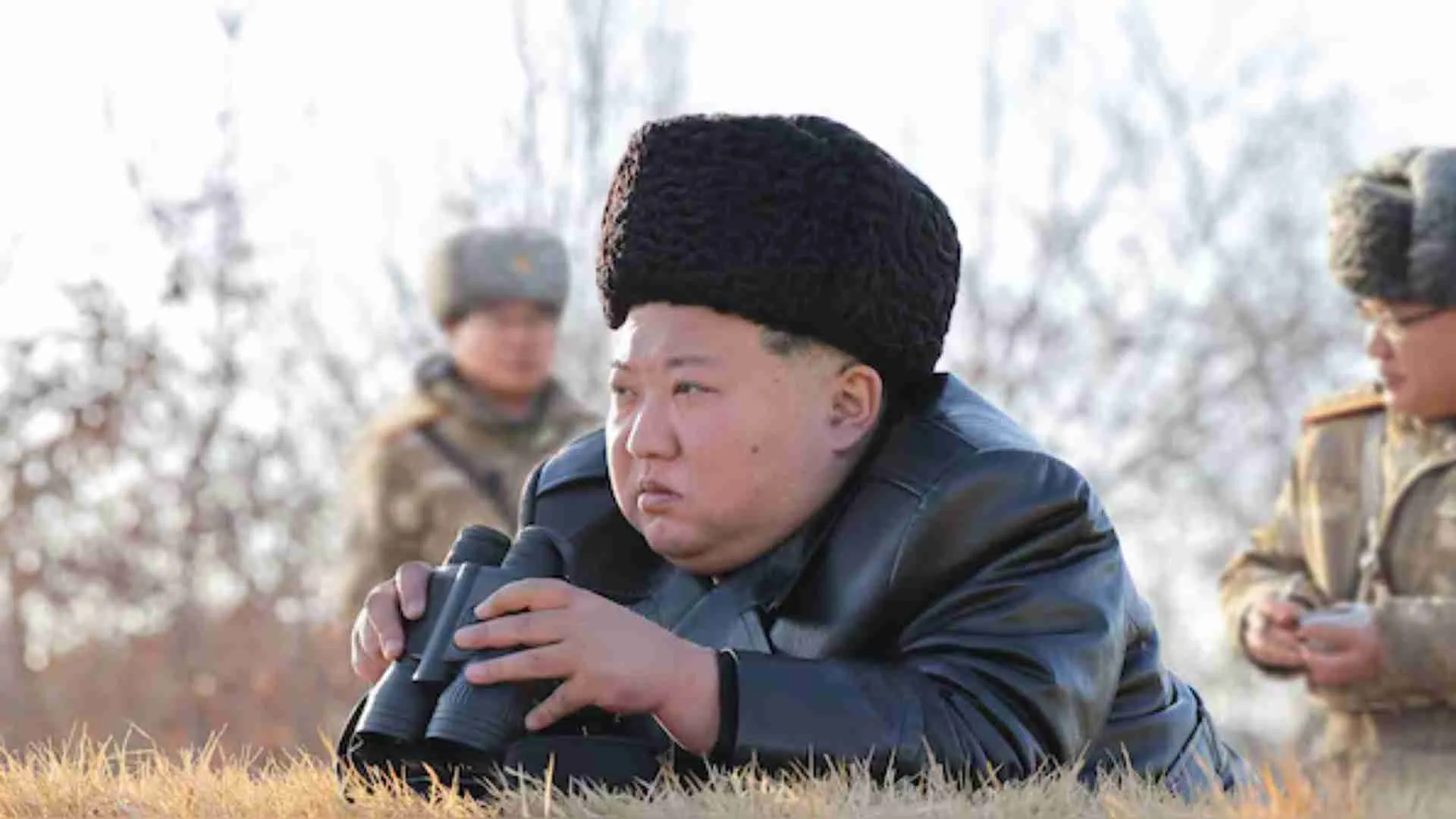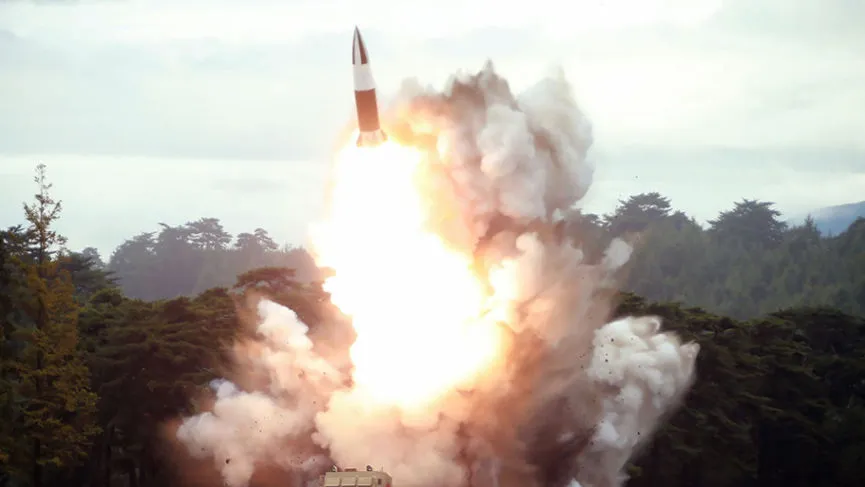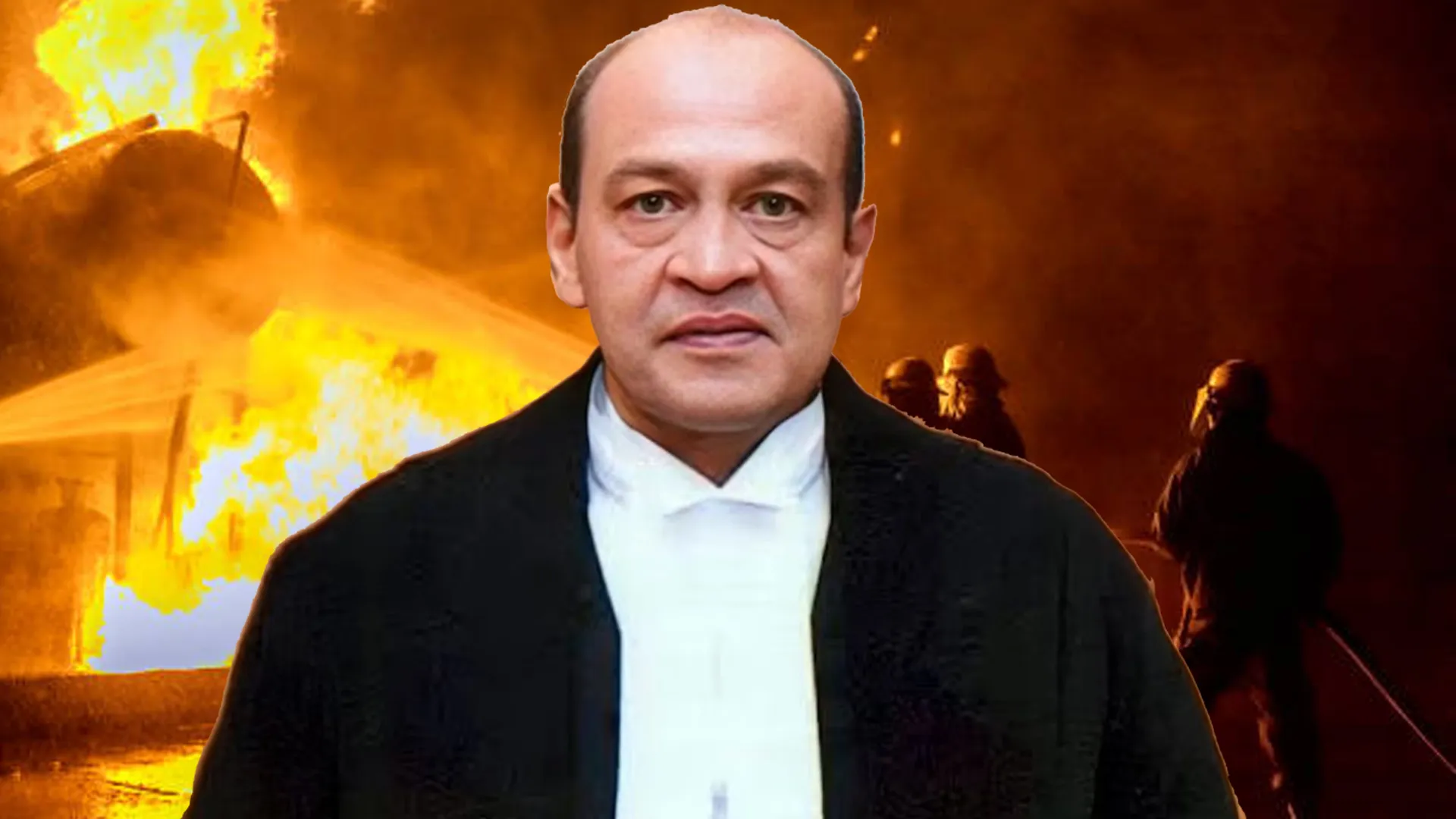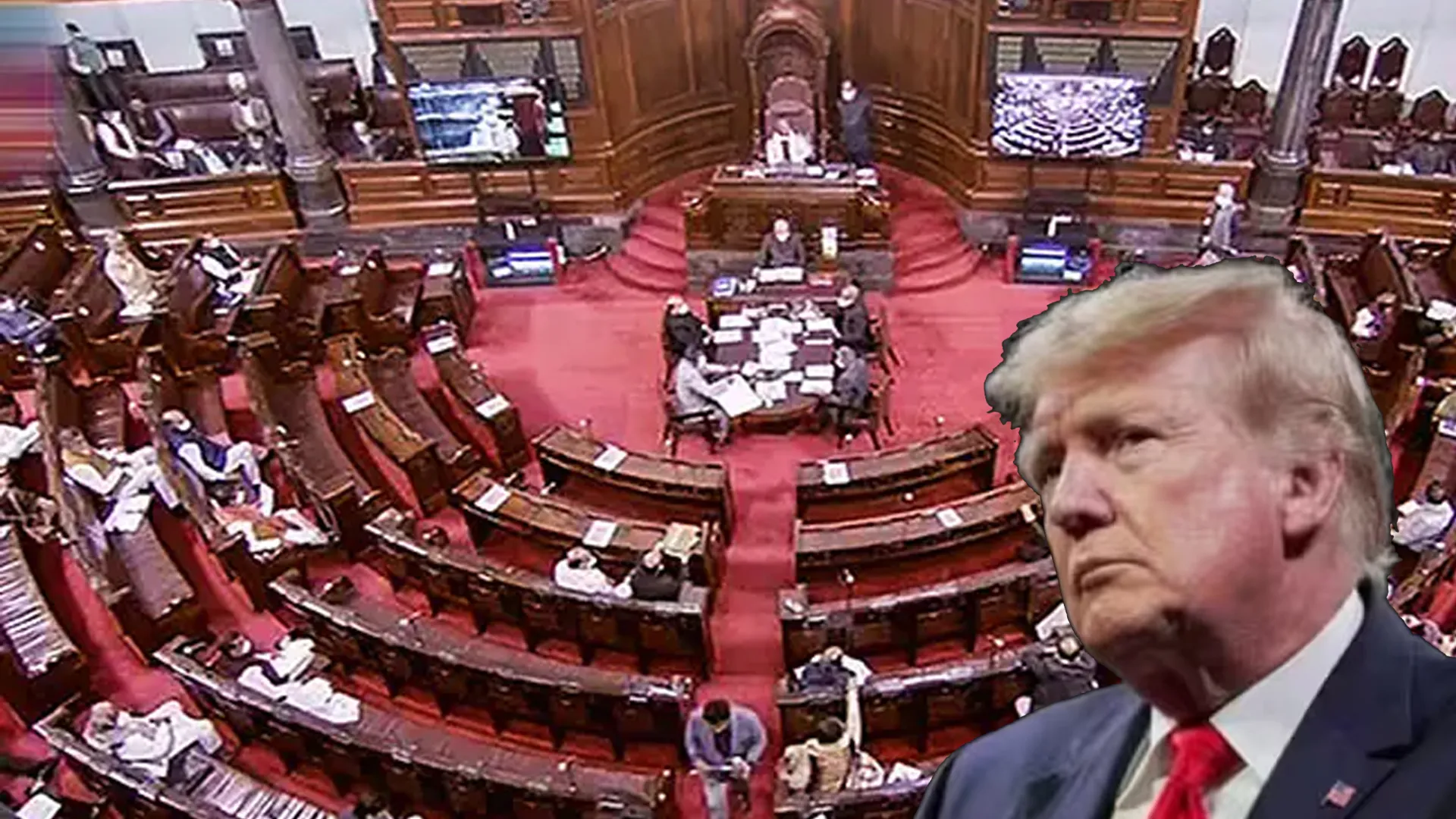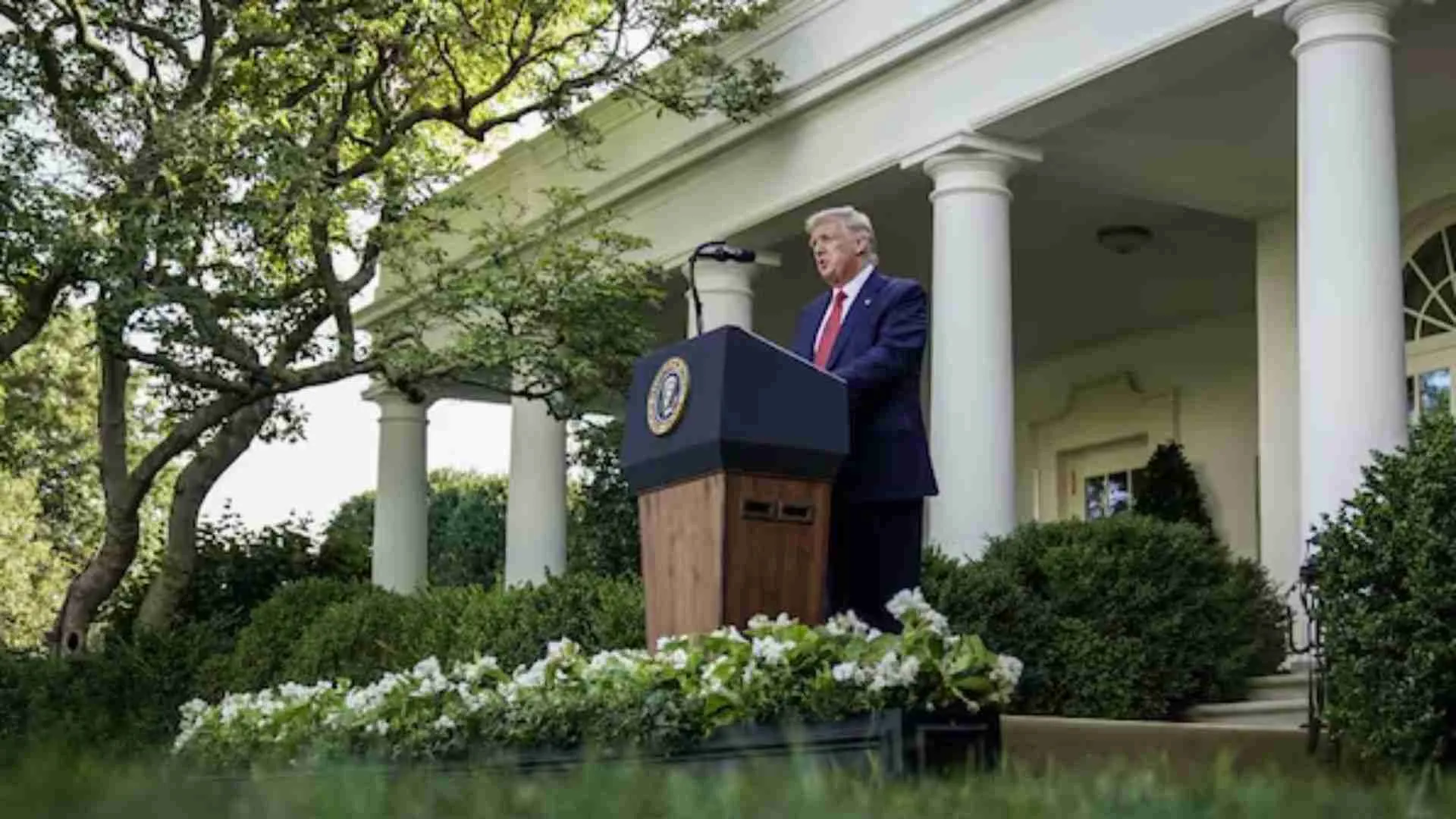Residents of South Korea’s Ganghwa Island are being subjected to a chilling new campaign by North Korea, which broadcasts horrific sounds at night, driving locals to despair. The sounds, including gunshots, screams, and eerie laughter, have replaced the peaceful natural sounds that once filled the air. According to Kim Yun-suk, a 56-year-old resident, the peaceful sounds of nature have been drowned out. “All we hear is this noise,” she lamented.
Gunshots, Screams, and Chilling Music
Since July, loudspeakers along the border have been broadcasting disturbing noises for long hours every day. Located just two kilometers from North Korea, Ganghwa Island is now plagued by sounds that resemble those from a low-budget horror film. Villagers like Ahn Hyo-cheol, 66, recall how North Korea’s previous broadcasts were largely political, criticizing the South’s leadership or glorifying the North. However, the new sounds, including howling wolves and ghostly noises, have left many feeling unsettled.
“It feels unpleasant and gives me chills. It really feels bizarre,” said Ahn.
Noise as a Form of Torture
Experts suggest the broadcasts may be a form of psychological torture, a technique used by many regimes to torment individuals without leaving physical scars. Rory Cox, a historian at the University of St Andrews, noted, “Almost every regime has used noise torture and sleep deprivation,” explaining that the lack of physical evidence makes such tactics easily deniable.
The noise levels recorded on Ganghwa Island reached up to 80 decibels late at night, well above the 60-decibel threshold known to increase the risk of sleep disorders. This constant disturbance has had severe health consequences for residents, including headaches, anxiety, and drowsiness. An Mi-hee, 37, shared her struggles, stating, “I find myself taking headache medicine almost all the time.” Her children, she added, suffer from mouth sores and fall asleep at school due to lack of sleep.
The relentless noise has caused immense distress among residents. An Mi-hee, desperate for relief, traveled to Seoul and pleaded with lawmakers, breaking down in tears as she described the community’s suffering. “It would actually be better if there were a flood, a fire, or even an earthquake, because those events have a clear recovery timeline,” she said. “We have no idea if this will go on until the person in North Korea who gives the orders dies, or if it could be cut off at any moment.”
A Throwback to 70s Horror
The noise being broadcast appears to be a hodgepodge of sound effects, resembling the eerie audio from 1970s and 80s South Korean horror films. Audio expert Hwang Kwon-ik described the sound as “something found in a South Korean horror film in the 70s and 80s.” The broadcasts feature sounds of gunfire, explosions, and unsettling music, creating a horrific atmosphere that leaves residents on edge every night.
The broadcasts are seen by some experts as part of North Korea’s broader strategy to undermine South Korea’s cultural influence and discourage its citizens from accessing South Korean media. This follows a series of provocations, including North Korea’s missile tests and balloon-dropped trash aimed at the South. Some believe the broadcasts may also be an effort to mask South Korea’s propaganda, which often features K-pop and international news, though others argue the broadcasts are primarily aimed at causing discomfort to South Koreans.
South Korean Government Under Pressure
Residents of Ganghwa Island are now calling on the South Korean government to take action. “They should come here and try to live with these sounds for just ten days,” said Choi Hyoung-chan, 60, a local resident. “I doubt they could even endure a single day.” The ongoing torment has left many questioning whether the government is doing enough to protect vulnerable citizens living near the border.

